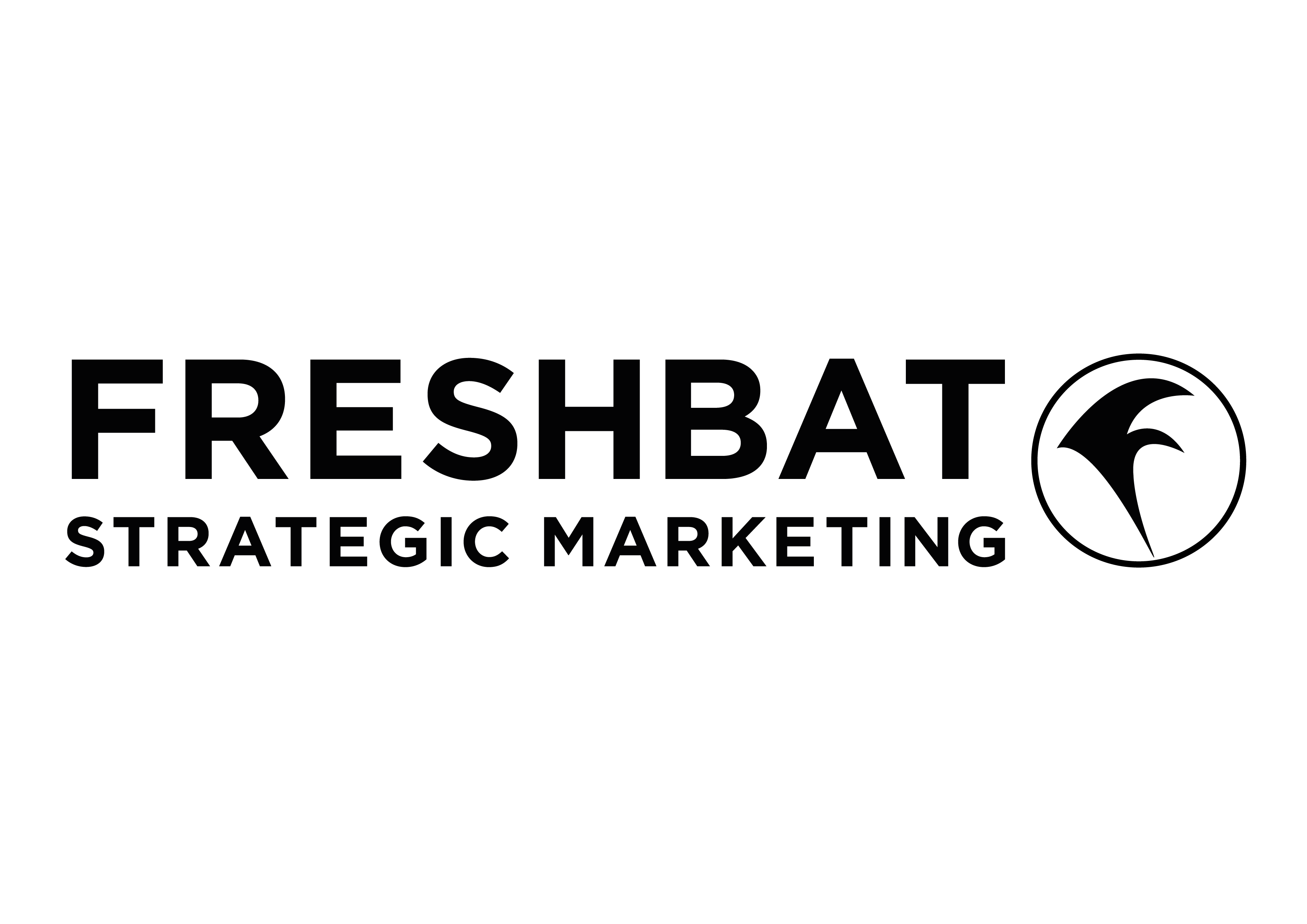It’s the million-dollar (or pound) question on every business leader’s lip: how long will it take to see results from our marketing strategy?
The answer, unsurprisingly, varies depending on your business, the length of the sales cycle, how much budget and resource you have available and how much you’re willing to commit to implementing a marketing-first approach within your organisation.
But there are some things that can help you understand what kind of impact your marketing strategy can have within 3 months. In this post, we’re going to look at what results you can expect when you hit that 3-month mark as well as a realistic estimate for how long it’ll take to see the big results you’re looking for from your marketing strategy.
Set clear goals and objectives
The first thing to note is that you can’t hope that your marketing strategy is going to have any kind of meaningful impact on your business unless you’ve established the fundamentals. That includes setting clear goals and objectives for your marketing strategy. Understanding the impact of your marketing strategy within 3 months is only possible if you know what you’re measuring it against.
Make sure your marketing strategy goals and objectives are aligned to your overall business goals and objectives. They should be specific and achievable for your organisation and the resources you have available to dedicate to marketing activities.
How long will it take a marketing strategy to work?
So, how long does it really take a marketing strategy to work? Realistically, you’re looking at around 6-12 months to start seeing the real impact of a new marketing strategy. As with other areas of business, any work that’s more strategic is going to take a while to bed in.
Implementing a new marketing strategy often requires some bigger changes than just posting some more on social media and sending out a monthly newsletter; you may need to make changes to your team, hire additional support such as an in-house marketer or agency and work on getting senior leadership buy-in. These kinds of changes don’t happen overnight.
Assuming you have the right capabilities and resourcing in place, at the 6 month mark you’ll be starting to see a noticeable impact of your marketing strategy. Remember that marketing is all about connecting with your ideal target audience and it also takes time for them to respond to your new marketing approach.
As an example, when we started a new cold email marketing campaign for Freshbat, it took around 5 months for us to see our first conversion to retained client.
What about a 90-day marketing plan?
There’s a lot of information out there about 90-day planning, which is a great way to make incremental progress in all areas of business, including when it comes to your marketing. But remember, a marketing plan is not the same as a marketing strategy. A marketing strategy will take longer to have an impact than a quicker marketing plan or individual marketing campaign.
A marketing plan is a great tool to achieve a more tactical objective and sits within the wider context of the overall marketing strategy.
You can read more about how to create a marketing plan here.
Short term vs long term marketing strategy
You could try and take a short-term approach to marketing and this can often feel like the easiest option that will yield the quickest results when you’re struggling to work out the next step to grow your business.
The benefits of taking a short-term approach to marketing strategy include:
- You may be able to see really quick results from a highly-targeted and focused set of activities
- If your business is struggling with cash flow issues, it can be a great way to get cash into the business and ensure your survival
- It might push you to try something new that you otherwise wouldn’t have considered
- You can focus your resources on one key area of your business
- You can quickly implement a new set of marketing activities and quickly see what works and what doesn’t when you have a system to track marketing
The challenges of taking a short-term approach to marketing strategy include:
- You’ll make decisions that are more tactical and designed to address symptoms of your marketing issues, rather than get to the root cause
- A short-term marketing strategy will often focus on throwing a lot of additional resource at your marketing, which isn’t sustainable in the medium- to long-term (especially if it doesn’t yield the desired results)
- You run the risk of succumbing to shiny-object-syndrome – you’ll be more inclined to try and find quick wins and therefore take bigger risks to try and get a bigger payoff
- If you’re only considering marketing from the point of view of generating quick returns, you’ll miss out on building a more engaged community and will find yourself unable to escape the dreaded feast or famine cycle
- You might attract the wrong type of customers by sacrificing quality for quantity
As you can see, the best approach to your marketing strategy depends a lot on what stage your business is at. For businesses that are more established, it’s worth taking a bit more time to work out a longer-term marketing strategy to consolidate your brand and really become known as the expert in your niche. For younger businesses or businesses struggling to stay afloat, there may be some merit in getting started with a short-term marketing strategy to get to a place where the business is able to take a more strategic approach to marketing.



